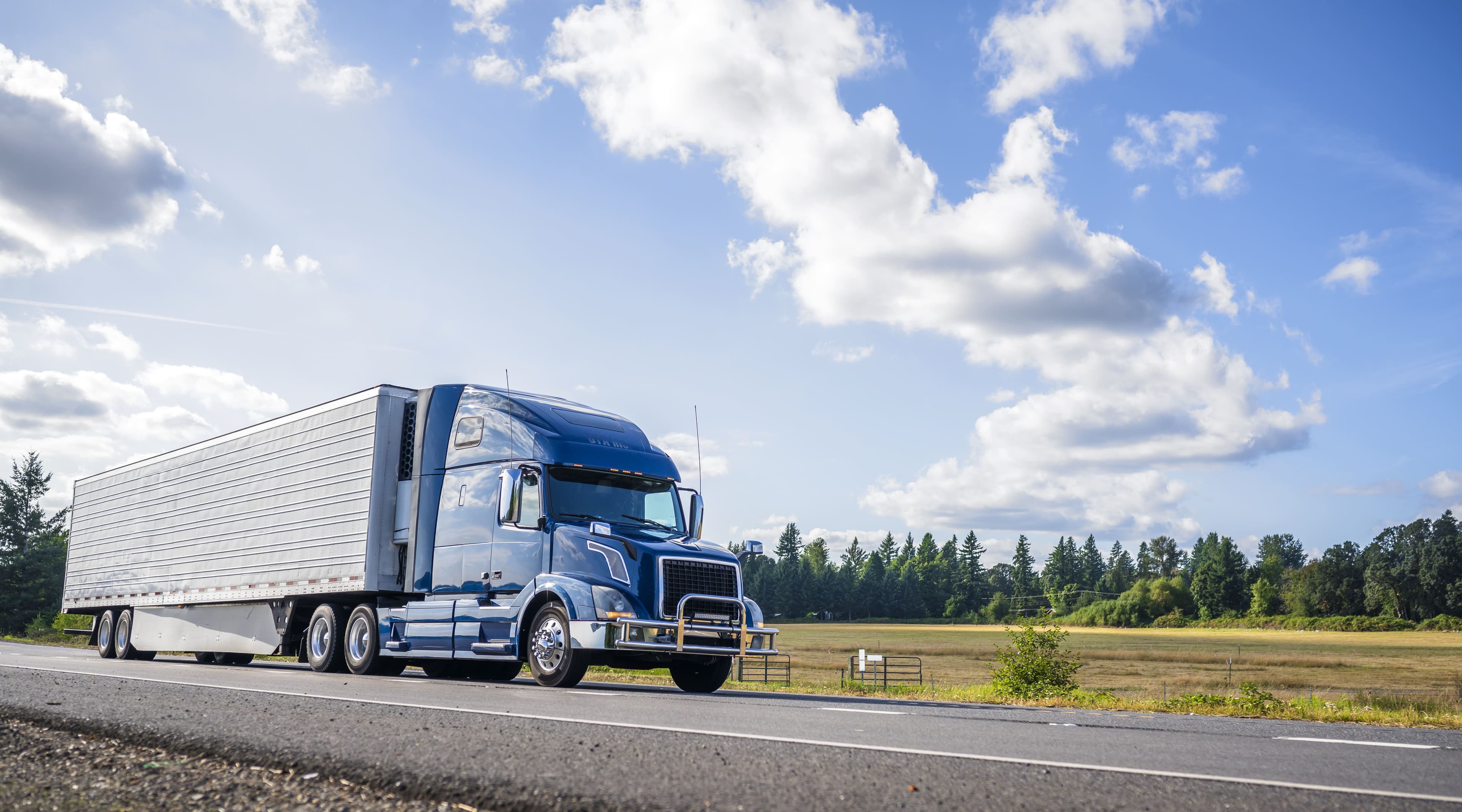Understand the Benefits and Differences of CNG and RNG

Trending
Top Posts

5 min read
March 6, 2024

Share:
In the United States, state governments continue to demonstrate significant leadership in advancing decarbonization measures. Their close proximity to constituents allows them to enact more aggressive sustainability policies and regulations compared to what may be achievable at the federal level.
Two crucial state policies include cap-and-trade programs and clean fuel standards. Both policies aim to reduce emissions and create cleaner markets, but this can lead to additional costs, particularly for fuels like diesel. Clean fuel standards typically result in lower added fuel costs for diesel, with recent increases under 15 cents per gallon. Cap-and-trade programs generally incur higher added fuel costs for diesel, with recent increases ranging from 30 to 60 cents per gallon.

A cap-and-trade program functions as a carbon pricing mechanism where the state sets a limit, or a cap, on the amount of CO₂ that can be emitted for a given year from either the entire economy, key sectors, or covered entities emitting above a certain threshold. Each year, the cap declines, incentivizing organizations to either reduce emissions or purchase allowances. A certain number of allowances are made available each year through auction or free allocation. An allowance usually represents one metric ton of CO₂. Covered sectors and/or entities must purchase the appropriate number of allowances at the end of each calendar year to cover their CO₂ emissions, thus creating a dynamic market for allowances.
Cap-and-trade policies are currently implemented in California, Washington State, and through the Regional Greenhouse Gas Initiative (RGGI). However, it is important to note that RGGI only covers power generation, making it less applicable to Breakthrough clients.
Oregon: After Oregon implemented its cap-and-trade program, called the Climate Protection Plan, it faced legal disputes and was shut down by the Oregon Court of Appeals. Oregon's government will go through the regulatory process in 2024 to reinstate the program, aiming to implement it by 2025.
New York: New York is developing a cap-and-trade program, aiming to implement it by early 2025. According to program developers, it may start with a carbon price cap of $23 per metric ton in 2025 and increase to $54 in 2027. This would lead to additional costs for diesel of 23.4 cents/gallon in 2025 and 55 cents/gallon in 2027. Fuel suppliers, including biofuel suppliers, will likely be covered by the cap-and-trade program, resulting in added fuel costs and likely a shift towards electric vehicles and hydrogen. New York projects that the program would reduce on-road diesel demand by 40% by 2035. New York’s cap-and-trade program would link with the California, Washington State, and Quebec programs in the medium to long term.
Clean fuel standards are similar to cap-and-trade programs. They set limits on the emissions intensity of fuel supplies produced in or supplied to the state. Covered fuel suppliers can either meet these limits through buying allowances to cover emissions, improving the emissions profile of the production process, and/or incorporating a greater proportion of alternative energies into their supplies. Clean fuel standards create additional costs for traditional fuels while also creating a new market for alternative fuels. These regulations are in place in California, Washington State, and Oregon.
Minnesota: State Senators have introduced SF 2585, which would establish a Clean Transportation Standard that aims to reduce the aggregate carbon intensity of transportation fuels by 100% by 2050. Intermediate targets would be set for 2030 and 2040. Carbon intensity calculations would be based on lifecycle emissions of fuels, with particular attention given to the carbon intensity values of biofuels.
New Mexico: New Mexico has enacted HB 41, which will establish a technology-neutral Clean Transportation Fuel Standard (CTFS) with the goal of reducing the carbon intensity of transportation fuels by at least 30% by 2040. The legislation proposes a phased approach that would take effect July 2026 and require a 20% reduction in carbon intensity below the baseline year 2018 by 2030. This would escalate to a 30% reduction by 2040.
New Jersey: State Senators have introduced SB 2425 to establish a Low Carbon Transportation Standard. The bill would require a 10% reduction (compared to the baseline year 2019) in the carbon intensity of gasoline and diesel by 2030.
New York: The New York Assembly has introduced Bill 964 to establish a Clean Fuel Standard, which would require a 30% reduction in the carbon intensity of the on-road transportation sector by 2032. Similarly, the New York Senate has introduced Bill S1292, to establish a Clean Fuel Standard that would require a 20% reduction in the carbon intensity of the on-road transportation sector by 2031.
The evolving landscape of state-led cap-and-trade programs and clean fuel standards are creating dynamic and strong markets for decarbonization investments and alternative energies in the transportation sector. Such policies signify a pivotal shift towards cleaner and more sustainable transportation solutions. For organizations navigating these complex regulatory environments, understanding the nuances and implications of these policies is critical.
Breakthrough leverages data analysis, market insights, and a deep understanding of the transportation sector to guide its clients through the sustainability landscape. For those aiming to stay ahead in a world where sustainable transportation is becoming the norm, we encourage you to explore how Breakthrough can help you meet your science-based targets. CleanMile, an end-to-end transportation emissions management solution, enables you to make real progress toward scope 1 & 3 transportation emissions reduction. Discover the power of CleanMile today!

5 min read
April 4, 2025
Explore how U.S. tariffs, OPEC+ production hikes, and Canada's carbon tax removal drove diesel prices down, creating volatility in global energy markets.
Read more
4 min read
April 3, 2025
Implement Fuel Recovery to improve transparency, reduce costs, and enhance efficiency in European transport with Breakthrough's proven strategies.
Read more
3 min read
March 27, 2025
Discover how a TMS streamlines planning, execution, and logistics with real-time visibility, automation, and data-driven insights to optimize freight moves.
Read more